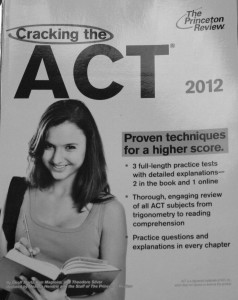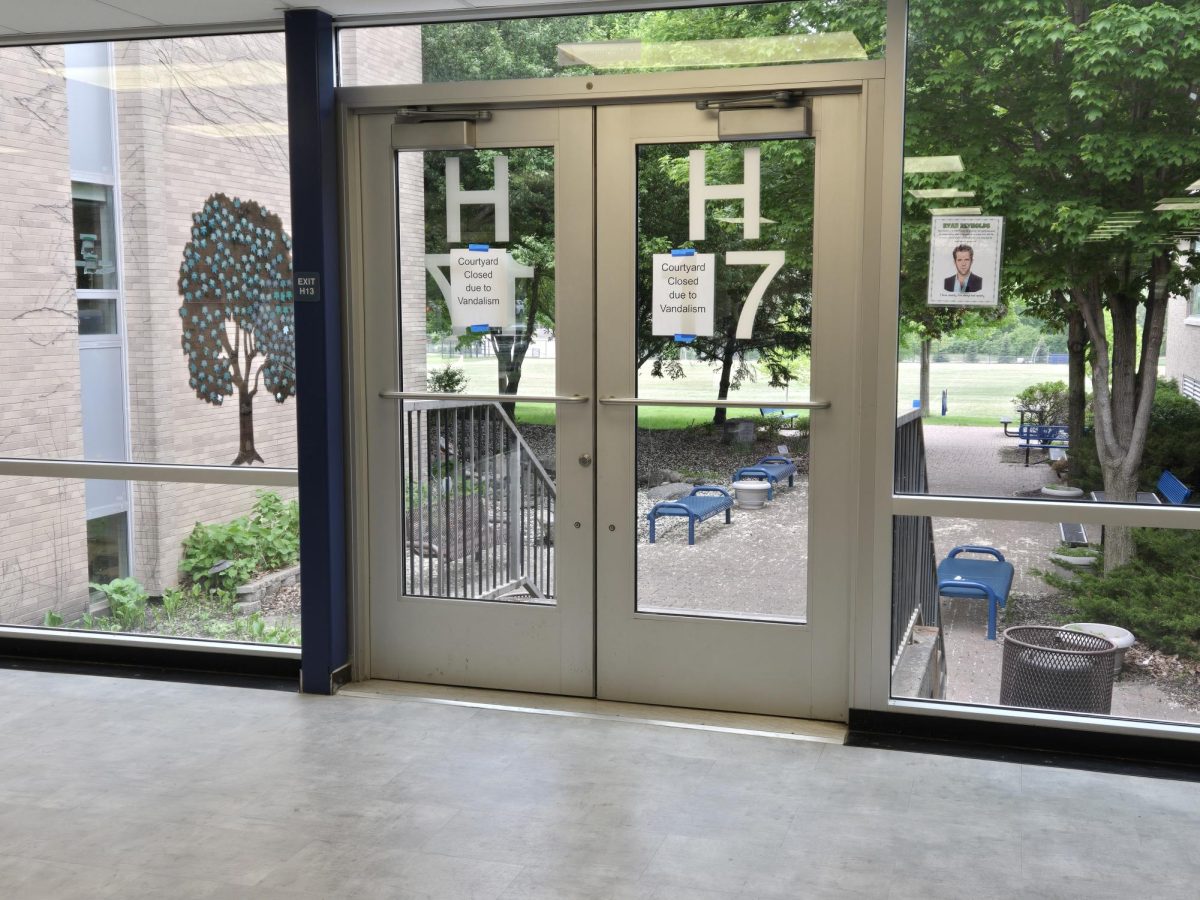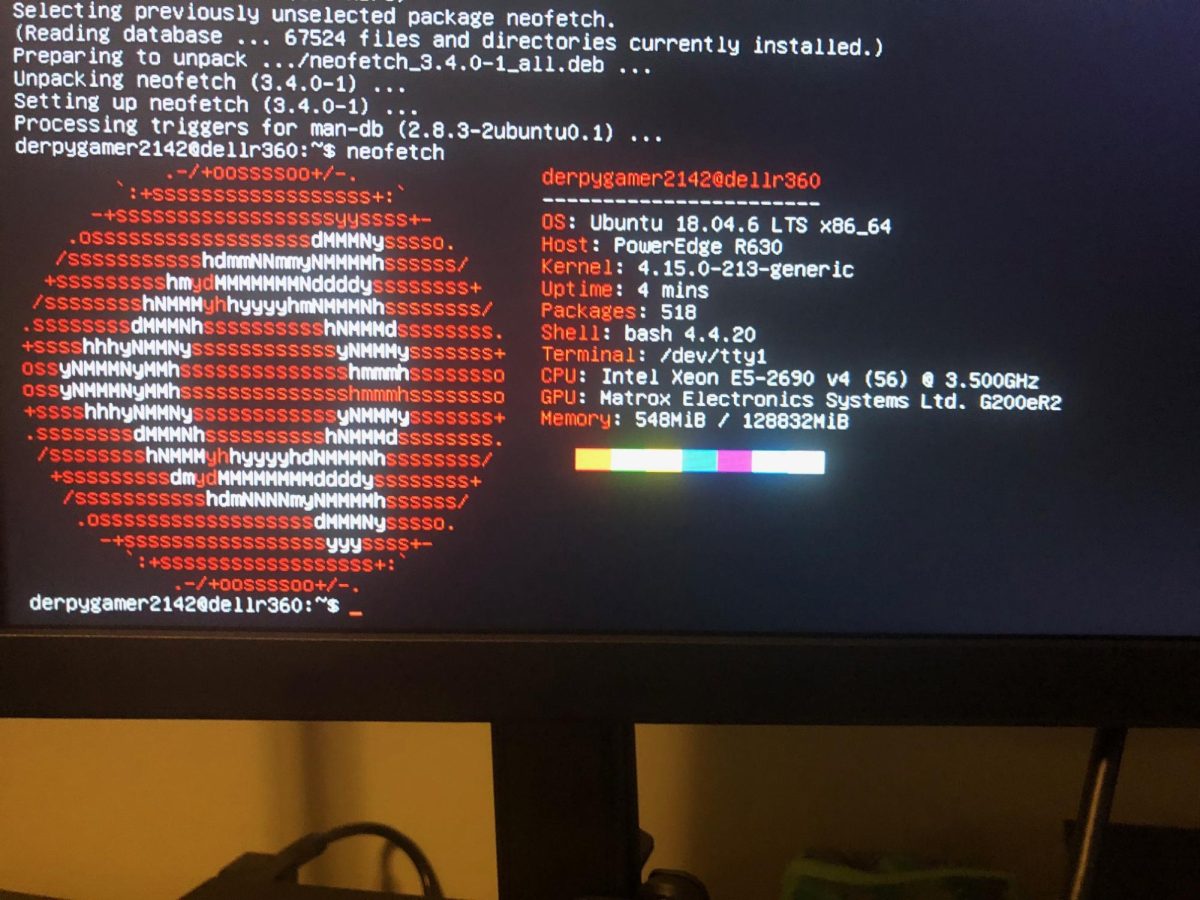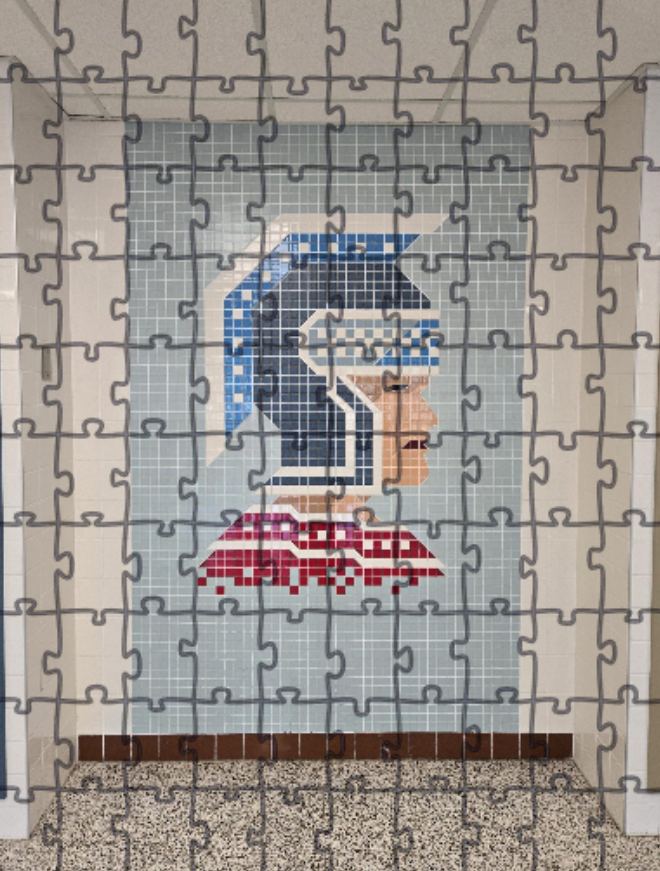Waiting to plan for college until the summer or the beginning of senior year will cause nothing but stress and may decrease a student’s opportunity for success. One of the most important steps in preparing for college is taking a college entrance exam. Time is slipping away, and it is crucial that juniors begin preparation now, if they have not already begun. Orono guidance counselor Shana Borgen suggests that juniors take these test in the spring of their junior year.
The ACT, which originally stood for American College Test but has now turned into an empty acronym, is a standardized test that colleges and universities require for admittance. Many colleges and universities accept both the SAT and ACT test. The ACT covers four areas: math, science, reading and writing (optional), and the SAT covers critical reading, writing and math.
There is some confusion over which test is more beneficial to students. Borgen said, “I am much more familiar with the ACT. In my experience, what we do at Orono prepares our students to do better on the ACT. The ACT is very curriculum based.” According to Borgen, 92 percent of Orono students take the ACT and only around 25 percent take the SAT.
Some colleges require that you take extra subject tests if you choose to submit the SAT over the ACT. That alone is a reason that many students choose to take the ACT. The ACT costs $34.00 without the writing portion and adds $15.50 with the writing portion for a total of $49.50. The SAT is more expensive, with a cost of $49.00 and another $22.00 fee for each additional subject test.
Another topic of contention with students, parents and guidance counselors is how to prepare for the test. There is a plethora of prep courses, workbooks, flash cards and practice available for students to use in preparation, but their benefit is often debated. The best thing you can do is “focus on learning in school and familiarize yourself with the timing,” said Borgen, “I have different opinions on the classes and prep books. It really depends on the student and their determination.”
Many students do rely on the classes to achieve a good score. Junior Sam McNaughton said, “I used a prep book and took a class through the school… It helped very much.” Some students who did not take the test with the help of a prep course or book looked back on the experience and highly recommended it. Junior Kevin Gabriel said, “I sure wish I would have.” The level of preparation necessary depends on the individual student. Junior Kaylyn Skjerping said, “I want to take it first without any books or classes and then take it again in early summer after I have taken a class.”
The biggest problem students have run into when taking the test is time management. “The difficult part is sitting there for four hours. My brain wore out after the first two, lost some concentration and it was downhill from there,” said McNaughton. Online practice tests are very helpful for familiarizing yourself with the length of the test. Junior Kyle Munsterman said, “When taking the test, budget your time wisely.”
To register for the ACT, go online to www.actstudent.org and create an account. There are only three more test dates available for students planning to enter college in the fall of 2013. The next available tests are Apr. 14 (register by Mar. 23 with $21.00 late fee) and June 9 (register by May 4, or May 23 with late fee). The last date available will be announced sometime in the fall of 2012, but that date has not been released yet.

Andrea Conover is the Copy Chief for The Spartan Speaks.














































